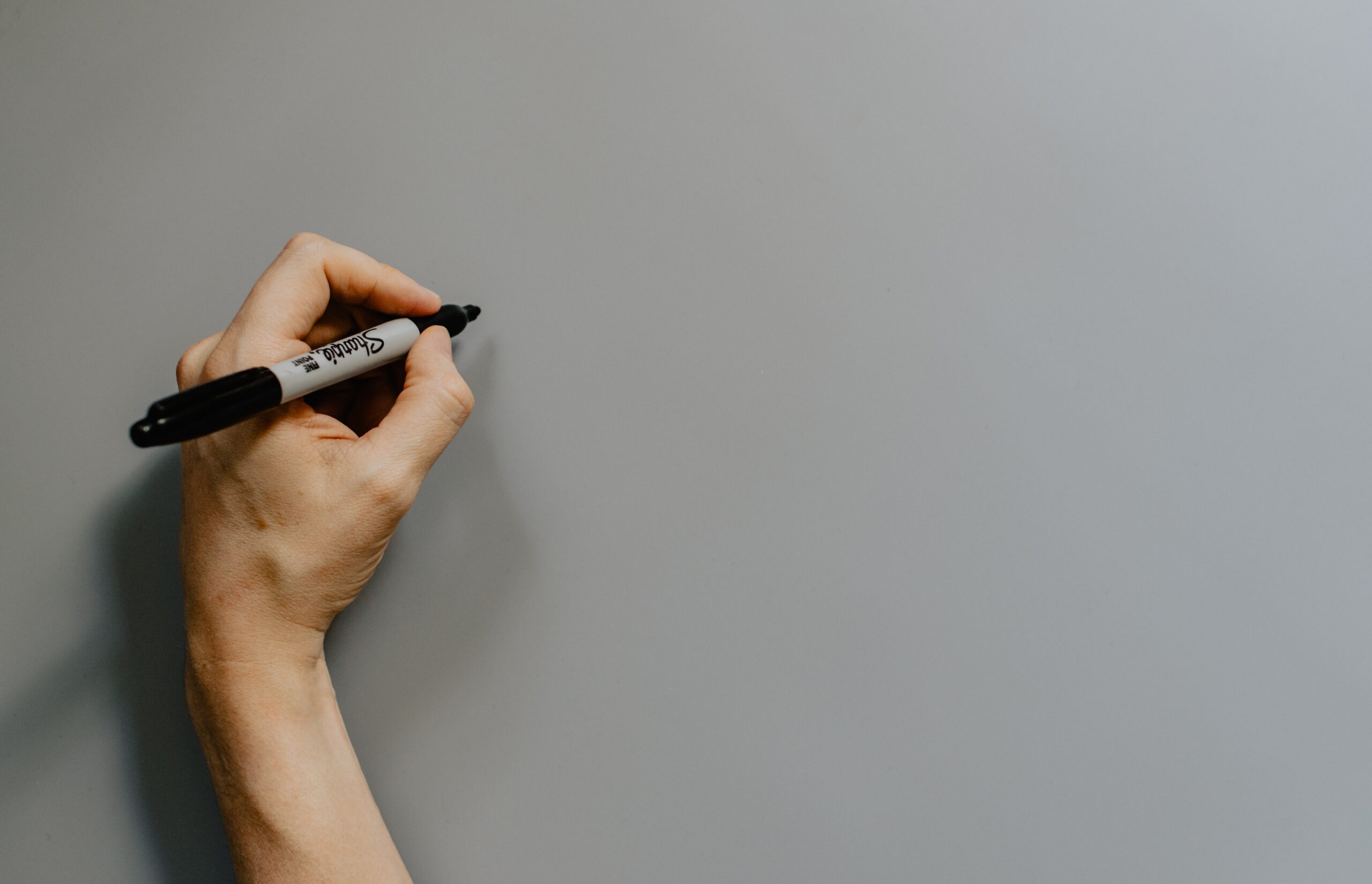Two men working in a business for violin restoration play squash together and dine together at a local bistro, but they otherwise keep to themselves—at least the voiceover, heard once in the beginning of the story, would have us believe that this is the case. Uttered by the laconic and emotionless Stéphane, this voiceover reveals more than anything else in the story the attitudes and the personality of this vaguely ascetic man.
A master craftsman of all things violin, Stéphane works in the shop at the back of their workplace with the stolid patience of a visionary, someone so deeply immersed in his work that the outside world disintegrates as he plies and bevels—the camerawork fixates on his own world of craftsmanship intensely, extolling the minutiae and the honor of a master craftsman—and he even stays in a back room, as if unable to part from his work. His partner, Maxime, is the up-front schmoozer, a worldly and loquacious man who wines and dines the fussy clients and artists that come to their shop seeking the best possible service from the practiced hands of Stéphane. They work well together, and the intuition of experience supplies them with all the teamwork and communication that they need.
One day at their local bistro, Maxime confides to Stéphane that he has been seeing someone, a paramour that is the renowned violinist and young beauty Camille, who just then is sitting behind Maxime at another table with her agent. Stéphane does some tsk-tsking about Maxime’s lack of scruples, putting to him the blunt questions of his infidelity and making known that he is skeptical, but Maxime seems impenitent. The meal ends, and Maxime goes off with Camille as Stéphane watches from the table, all his features as inscrutable as they will be throughout the film.
This would seem to be the beginning of a story of jealousy, of friendship sundered by a woman whom neither of them can resist—one could even read into the action of this scene, and that of later scenes in the film, an element of homosexual attachment that this woman could at some point intercede. But this reading of the two men’s relations is not so much incorrect as single-minded, positing one of the possible interpretations of a film whose answer, and whose very essence, lies in its refusal of pat answers and its sophisticated skepticism.
As played by Daniel Auteuil with so much finesse and facial subtlety that the dialogue of this film—pleasant and witty though it is—might as well be superfluous, Stéphane is an enigma because his own explanations for his choices are not adequate, do not explain as much as we want them to. He allures Camille, attracts her and up to a point reciprocates her interest, and yet at the culmination of her desire for him, he coldly rejects her. By this point in the story, he has shown that he likewise feels nothing for his so-called friend Maxime, who thinks that his friendship with Stéphane is mutual when it is not; and his own explanations for why he is so cold, so unfeeling that he denies both his friendship and the possibility of a romantic attachment, are inadequate in that they embody the tight-lipped skepticism of the whole film, which never assuages our doubts about Stéphane’s personality.
Stéphane himself even asks his long-time teacher, the one man he reveres and might even love, about the causes of his own detachment and his pseudo-romantic sallies. But this teacher comes up with mere speculation; the mysteries of Stéphane are left unsolved, and the questions that could be asked unanswered.
The end of the film, the final dialogue between the broken-hearted but recovering Camille and Stéphane, points to some change of attitude in Stéphane, and yet it does nothing to explain his own choices and the deeper substance of his personality. But while his alluring enigma of a character is a pull, the center of the film’s gravity, it is the controlling tone and direction of the film that bring to the fore the substantial questions of human personality and the role of those pivotal choices. Claude Sautet, himself a master craftsman, imbues Un Coeur en Hiver with the anguished delight of an artist working with a camera, pulling the strings of all this devilish doubt.
Did Stéphane make the wrong choice? What obligation does he have to his own relations, and what kind of life is he missing in the emotionless seclusion of his workshop? Is his passion for his work exclusive of that of any romantic attachment, like the one presented as a possibility by Camille? Does he have–or can he have–any passion so exclusive of human life? That the film doesn’t provide pat answers to these questions, and leaves the character of this man open-ended and uncertain, is a testament to its unflinching artistic restraint. It never once condescends to its audience, urging it to come to its own conclusions. And so few films have that kind of devil-may-care integrity that this one, Un Coeur en Hiver, deserves the highest accolades.


